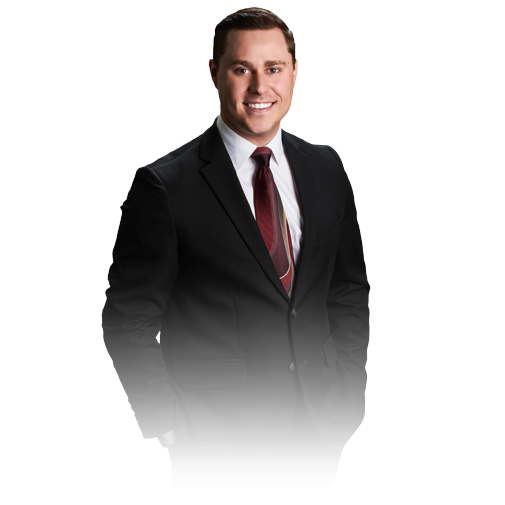In Sharma v. Stewart, 2017 ONSC 4333, the Plaintiffs sued the Defendant for non-pecuniary damages and income loss after being allegedly injured in an MVA on November 15th, 2008. A three week jury trial resulted in the Plaintiffs being awarded travel costs only – totalling $500. The cost endorsement that followed was one of the highest awards in Ontario to a Defendant who did not obtain a complete shutout.
Justice LeMay ordered $139,409.21 in costs against the Plaintiffs pursuant to the following breakdown:
- $65,000 in costs, $73,450 including HST;
- $64,638.04 in disbursements; and
- $1,321.17 for the Defendant’s success on the Plantiffs’ motion to submit a key expert report where the expert was not available for cross-examination
A key factor in Justice LeMay’s costs decision was the offers to settle open to the Plaintiffs until February 2017. If the original offers were accepted, Mrs Sharma would have recovered $30,000 plus interest and costs and Mr. Sharma stood to recover $5,000 plus interest and costs. Justice Lemay noted the offers were fair and reasonable and the Plaintiffs did not make a reasonable counter offer. Justice LeMay felt an award of $500, demonstrates the Plaintiffs were unsuccessful and costs should be awarded in favour of the Defendant. Justice LeMay found, “The Plaintiff cannot claim success on any issues where they did not achieve an actual recovery from the Defendant.”
Justice LeMay considered concerns raised by the Defendant on Plaintiffs’ counsel’s strategy which lengthened the trial, increasing costs.
- Plaintiffs’ counsel served an updated economic loss reported shortly before calling the author to testify. Leave to submit was denied. Attempts were then made to elicit the updated evidence orally which resulted in a sustained objection
- Plaintiffs’ counsel cross-examined a medical expert on findings from previous cases in which the expert provided evidence. This was found to be outside the scope of a proper cross examination and caused further delay
- During Plaintiffs’ closing, Defence counsel successfully raised four objections. Justice LeMay reviewed one objection to illustrate. The 2016 tax returns were not put into evidence at trial, however Plaintiffs’ counsel submitted to the jury the Plaintiffs did not earn any significant income in 2016
The Plaintiffs asserted they were impecunious. Justice LeMay did not give any weight to this given: the absence of 2016 tax returns, the fact that Mr. Sharma continues to work and earn an income, and most importantly, both the Plaintiffs had an after the event insurance policy which covered costs and disbursements in the amount of $100,000 each.
Justice LeMay made an award for all of the Defendant’s disbursements with two exceptions:
- Justice LeMay found the costs for two experts to make a one day appearance in the sum of $28,815 total to be “unjustifiable” and he limited the attendance fee to $7,500 per doctor
- Citing Lakew v. Munro, Justice LeMay notes that the Defendant’s insurer pays all reasonable fees and expenses of the mediator in motor vehicle cases
Justice LeMay made a separate award for costs of the motion to a key expert report. The Plaintiffs’ failed to produce the expert for cross-examination. The report was therefore excluded and costs were awarded to the Defendant.
This cost endorsement demonstrates the importance of appropriate conduct at trial and the effects on costs for not accepting a reasonable offer prior to trial and demonstrates that ATE insurance policies which may embolden plaintiffs to proceed to trial in the face of reasonable settlement offers may rebound back at the Plaintiff and the ATE insurer in the case of a loss at trial or a very minor win.
Evan Argentino is an associate at the firm and the author of this blog. If you have a question about this decision, please contact Evan.














